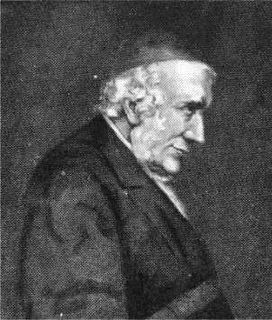A Quote by T. B. Joshua
Forgiveness of sin strikes the root of all pain.
Quote Topics
Related Quotes
One heart is not connected to another through harmony alone. They are, instead, linked deeply through their wounds. Pain linked to pain, fragility to fragility. There is no silence without a cry of grief, no forgiveness without bloodshed, no acceptance without a passage through acute loss. That is what lies at the root of true harmony.
Take steadily some one sin, which seems to stand out before thee, to root it out, by God's grace, and every fibre of it. Purpose strongly, by the grace and strength of God, wholly to sacrifice this sin or sinful inclination to the love of God, to spare it not, until thou leave of it none remaining, neither root nor branch.
Jesus' forgiveness of our sins is the single most impactful part of the gospel, and when we forgive others who sin against us we're shining his light most brilliantly. Every act of forgiveness brings a touch of Heaven to Earth, and it makes the gospel look as otherworldly and supernatural as it is. Forgiveness is constructed in the DNA of the persecuted.
I know for me, going back the person I've bad-mouthed or lied to is absolutely humiliating! But isn't it interesting that "humiliating" has the same root word as "humility"? Part of humility is taking responsibility for my sin and asking forgiveness even when it doesn't feel good. God wants to heal and restore your relationships, but it's not easy.
This doctrine of forgiveness of sin is a premium on crime. Forgive us our sins means Let us continue in our iniquity. It is one of the most pernicious of doctrines, and one of the most fruitful sources of immorality. It has been the chief cause of making Christian nations the most immoral of nations. In teaching this doctrine Christ committed a sin for which his death did not atone, and which can never be forgiven. There is no forgiveness of sin. Every cause has its effect; every sinner must suffer the consequences of his sins.






































